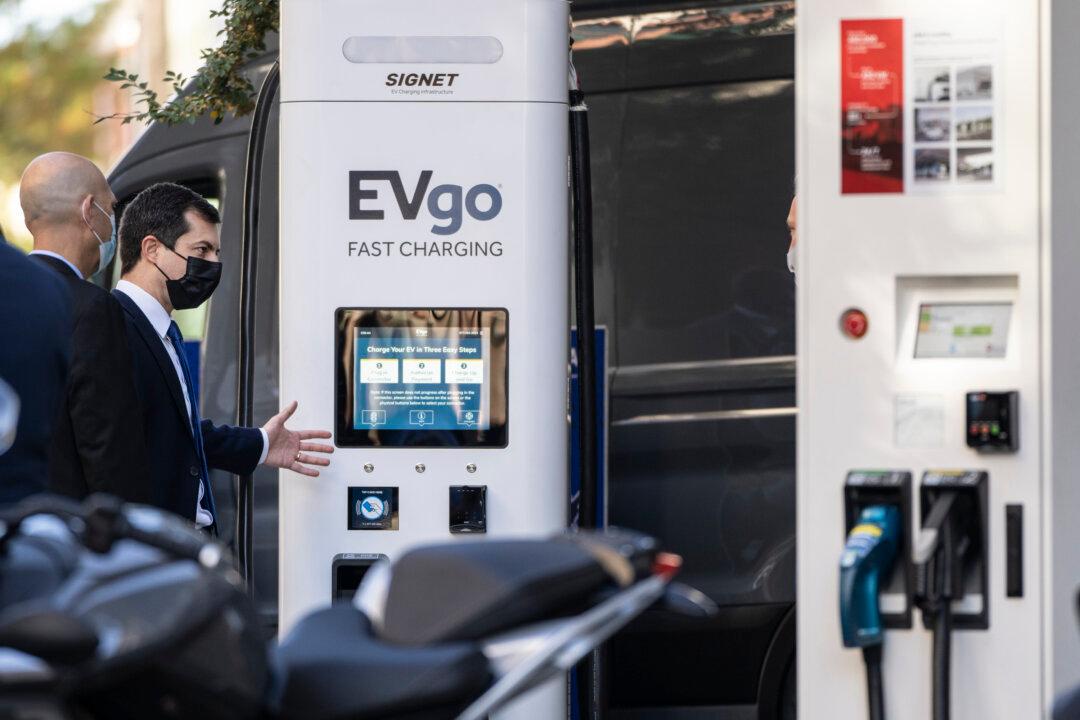Commentary
Transportation Secretary Pete Buttigieg, whom some Democrats see as President Joe Biden’s successor, told MSNBC over the weekend that thanks to “incentives that make it more affordable to buy an electric vehicle” in the Build Back Better bill, “families thinking about getting an EV ... once they own that electric vehicle, will never have to worry about gas prices again.”





